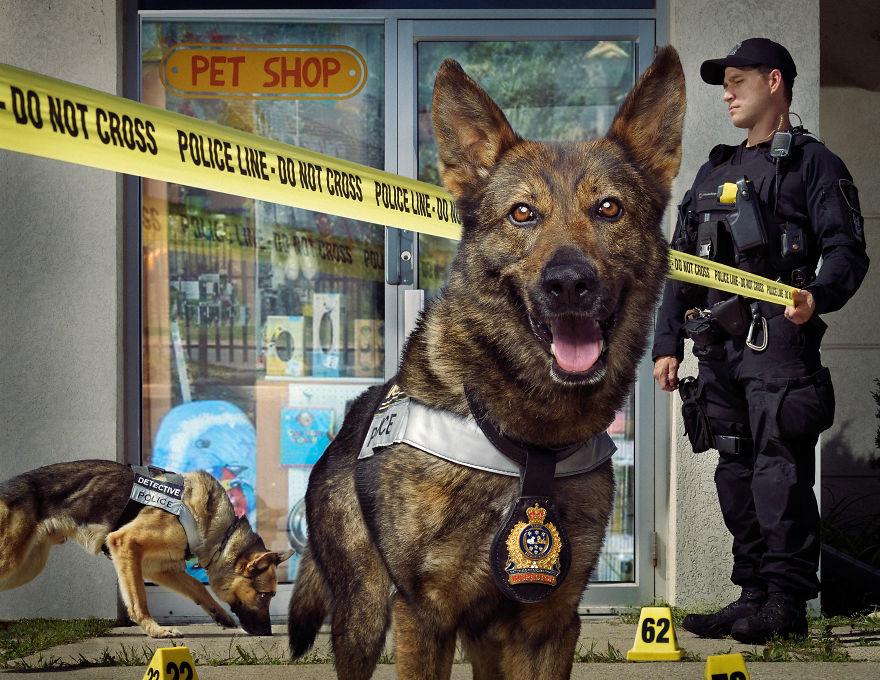
A photograph of the state capital building in Lansing, Michigan, during the protest on Sunday, May 31. Over the past week, protests have been taking place around the United States (and across the globe) after George Floyd, an unarmed black man, died in police custody.
The officer concerned has since been charged with his murder.
Nearly every major city in the United States has seen some kind of protest in recent days. While many stayed peaceful, others have resulted in disorder, which has seen special police units, SWAT, National Guard and even federal agencies deployed in an effort to keep things under control.
Reuters photographer Lucas Jackson, who was hit by a rubber bullet in Minneapolis on Friday night, had his camera smashed on Saturday by a protester wielding a crowbar pic. twitter. com/TXUjvmwwuO
— Reuters (@Reuters) May 31, 2020
When violence erupts, regardless of where it happens in the world, the media are on the front lines - with all of the risks this entails. For example, during violence in Minneapolis over the weekend, Reuters photographer Lucas Jackson had the lens attached to his Canon 1DX Mark II destroyed by a ‘protester wielding a crowbar’.
Most experienced photojournalists could tell similar stories, but increasingly, members of the press are reporting coming under threat from law enforcement officers, too.
From television news anchors being arrested live on air to camera operators and photographers being targeted by non-lethal rounds, credentialed members of the media and freelance photographers covering the protests have found themselves under threat from law enforcement. So much so that the matter has attracted international attention.
One of the first instances of police apparently targeting the press came in Louisville, Kentucky when officers started firing non-lethal projectiles at a reporter and camera operator for local NBC affiliate WAVE 3 News:
Linda Tirado, a freelance photographer, was covering the protests in Minneapolis on Friday night when she was hit in her left eye by what she believes was a rubber bullet fired by police. Speaking with The New York Times, Tirado said she ‘put [her] camera down for a second, and then my face exploded. ’
Hey folks, took a tracer found to the face (I think, given my backpack) and am headed into surgery to see if we can save my left eye
Am wisely not gonna be on Twitter while I’m on morphine
Stay safe folks pic. twitter. com/apZOyGrcBO
— Linda Tirado (@KillerMartinis) May 30, 2020
Tirado was carried away by protestors and was taken to a hospital, but has since been told by doctors that she is permanently blind in her left eye.
an update: I am permanently blind in my left eye, and the docs absolutely refuse to let me go back to work for they say six weeks. I’m definitely not allowed to be near smoke or gas.
Usually if I had to stay home I’d spend a lot of time amplifying folk but reading hurts today
— Linda Tirado (@KillerMartinis) May 30, 2020
It's unclear whether Tirado was deliberately targeted, but it seems that some members of the press have been. According to data compiled by Neiman Labs and others, during the ongoing protests, photojournalists and other members of the media have reported being attacked ‘at least 100 times’ by authorities, in many cases despite presenting press credentials.
The Columbia Journalism Review has shared a comprehensive summary of police attacks on the press throughout the recent protests:
CJR: The Police Abuse the Press. Again.
. dpreview.com2020-6-2 00:31

